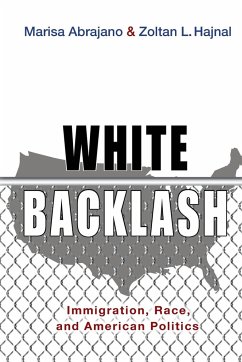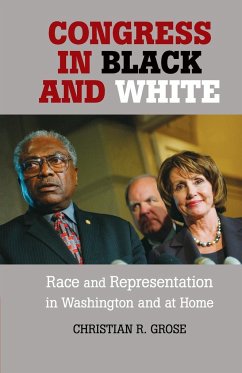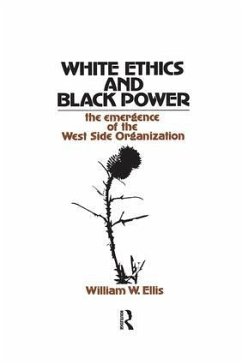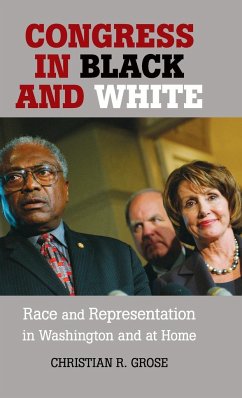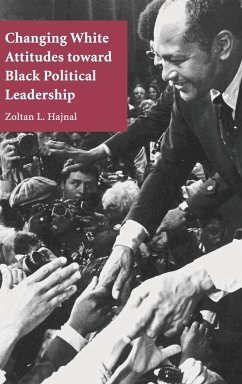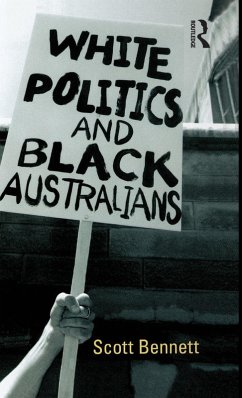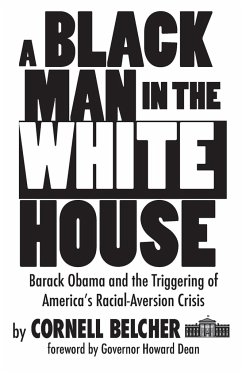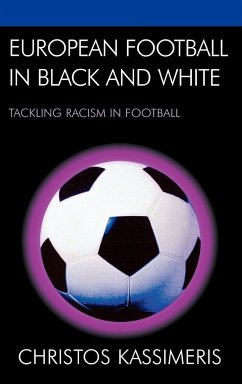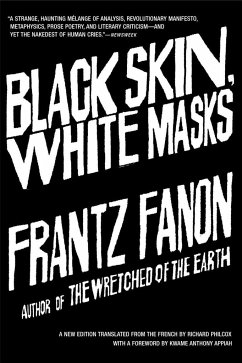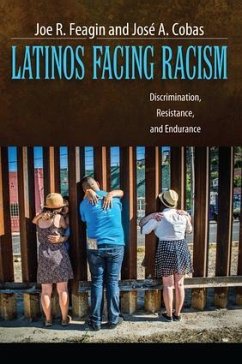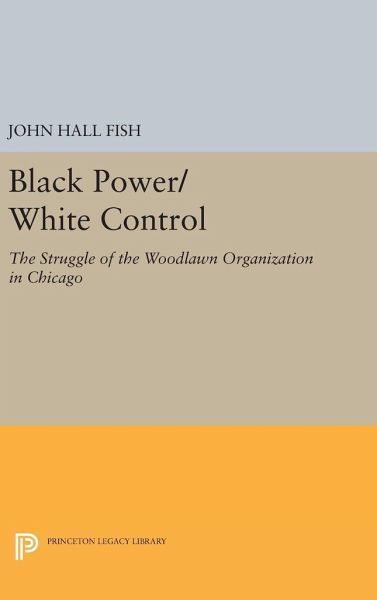
Black Power/White Control
The Struggle of the Woodlawn Organization in Chicago
Versandkostenfrei!
Versandfertig in 1-2 Wochen
113,99 €
inkl. MwSt.
Weitere Ausgaben:

PAYBACK Punkte
57 °P sammeln!
The vital issue facing urban America during the 1960's-the downward spiral of poverty, deterioration, and exploitation in poor neighborhoods-was attacked by The Woodlawn Organization (TWO) in Chicago. John Hall Fish, an active participant in TWO, tells the story of one of the most exciting, controversial, and significant experiments in community control. Founded in 1961 by a group of clergymen, with tactical advice from Saul Alinsky, TWO grew to become the major force for community development and self-government in the Woodlawn area. The author traces TWO's history as it struggled to achieve ...
The vital issue facing urban America during the 1960's-the downward spiral of poverty, deterioration, and exploitation in poor neighborhoods-was attacked by The Woodlawn Organization (TWO) in Chicago. John Hall Fish, an active participant in TWO, tells the story of one of the most exciting, controversial, and significant experiments in community control. Founded in 1961 by a group of clergymen, with tactical advice from Saul Alinsky, TWO grew to become the major force for community development and self-government in the Woodlawn area. The author traces TWO's history as it struggled to achieve significant community control over the problems that threatened the black inner-city community. He concentrates on three controversial programs: the Youth Project (involving the Blackstone Rangers), the Woodlawn Experimental Schools project, and the Model Cities program. Although TWO ultimately failed to overcome the entrenched opposition of city agencies, its very survival, the author argues, is a measure of its success. For as the cumbersome urban bureaucracies prove ever more ineffective, it is the existence of organized and experienced community organizations that will determine the possibility of neighborhood rebirth and renewal. Originally published in 1973. The Princeton Legacy Library uses the latest print-on-demand technology to again make available previously out-of-print books from the distinguished backlist of Princeton University Press. These editions preserve the original texts of these important books while presenting them in durable paperback and hardcover editions. The goal of the Princeton Legacy Library is to vastly increase access to the rich scholarly heritage found in the thousands of books published by Princeton University Press since its founding in 1905.




